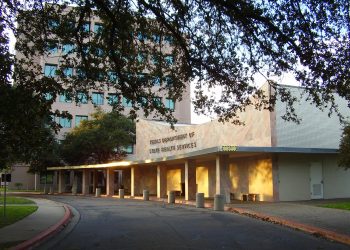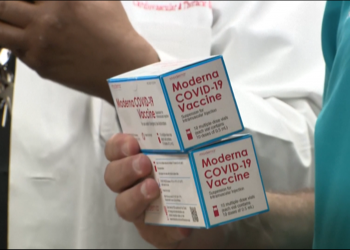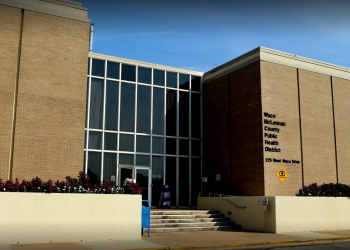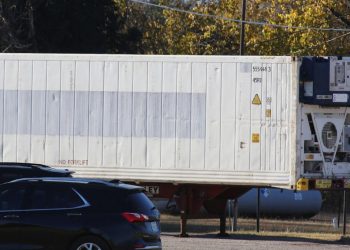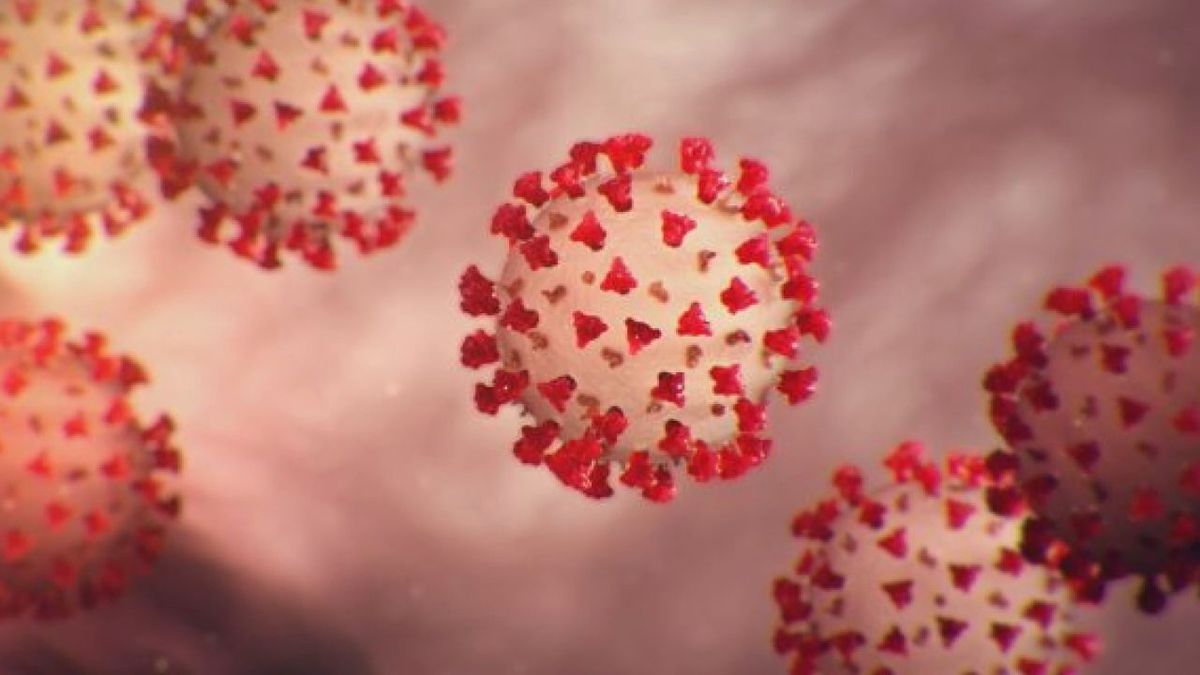WACO, TX – The total number of COVID-19 cases confirmed in Central Texas has increased by 992 since Friday to 42,370, the regional death toll has increased by almost 30, and at least 299 patients are in area hospitals, according to data released Monday.
The Central Texas death toll from the virus has increased by at least 27 since Friday and includes seven more deaths in McLennan County, five more in Bell County, three more in Coryell and Navarro counties, two more in Freestone, Hill, Mills and Robertson counties and one more in Milam County, according to state and local data.
The virus may have claimed as many as 682 lives in Central Texas, but according to state data Monday at least 664 have died including 149 Bell County residents; 16 Bosque County residents; 28 Coryell County residents, nine more than the local count of 19; 16 Falls County residents; 22 Freestone County residents; 14 Hamilton County residents; 28 Hill County residents; 14 Lampasas County residents; 21 Leon County residents; 21 Limestone County residents; 243 McLennan County residents, 12 fewer than the local count of 255; 10 Milam County residents, one fewer than the local count of 10; 10 Mills County residents; 49 Navarro County residents, five fewer than the local count of 54; 12 Robertson County residents, and 11 San Saba County residents.
COVID-19 patients accounted for almost 33% of all hospitalizations and occupied about 26% of available beds Monday in Trauma Service Area M, which includes Bosque, Falls, Hill, Limestone, well above the 15% ceiling, which triggers capacity reductions under orders Gov. Greg Abbott issued on Sept. 17 and Oct. 7.
In Trauma Serve Area L, which includes Bell, Coryell, Hamilton, Lampasas, Milam and Mills counties, COVID-19 patients accounted for about 20% of all hospitalizations and filled 12% of available beds Monday.
Statewide, the number of hospitalized patients rose to just more than 10,000 Monday, an increase of 153 since Sunday and an increase of 300 since Friday.
The number hospitalized statewide hasn’t been that high since July’s peak.
The Texas Department of State Health Services reported a total of 1,413,684 confirmed cases of the virus Monday, an increase of 9,009 since Sunday, including 8,107 new cases, and an increase of 29,208 since Friday.
The statewide death toll from 25,348 Sunday to 25,415 Monday, an increase of 67.
Since Friday 461 Texas residents diagnosed with the virus have died.
More than 12.8 million tests have been administered statewide.
The Lab Test Date clinical positivity rate Monday was 13.92%, down slightly from 14.03% Sunday.
Texas Gov. Greg Abbott, 63, will get the COVID-19 vaccine on Tuesday at a hospital in Austin, his office says.
The next phase of vaccination in Texas will focus on residents at the greatest risk of severe illness or death from the virus, the Department of State Health Services said Monday.
“The focus on people who are age 65 and older or who have comorbidities will protect the most vulnerable populations,” said Imelda Garcia, the Expert Vaccine Allocation Panel chair and DSHS associate commissioner for laboratory and infectious disease services.
“This approach ensures that Texans at the most severe risk from COVID-19 can be protected across races and ethnicities and regardless of where they work.”
The first phase of vaccine distribution includes frontline healthcare workers and residents of long-term care facilities.
The second phase is at least a few weeks off and depends on the amount of vaccine the state receives.
The state is currently in Phase 1A of vaccine distribution, which includes residents of long-term
DSHS on Friday released the schedule for the second week of distribution of COVID-19 vaccine in the state.
Most of the Pfizer vaccine, 124,800 doses, will go to the federal Pharmacy Partnership for Long-Term Care Program, DSHS said. Vaccination under the program is expected to begin on Dec. 28 in the state. The remaining doses will be distributed to 29 hospitals that received Pfizer doses this week to continue vaccinating health care workers, DSHS said.


